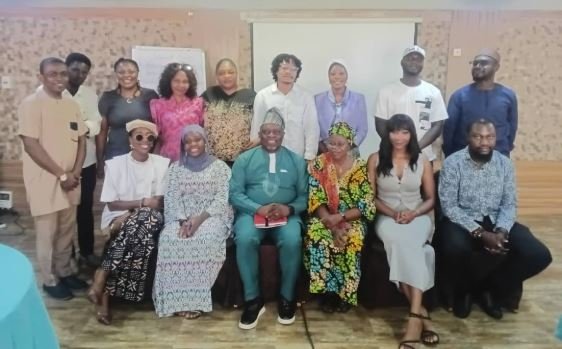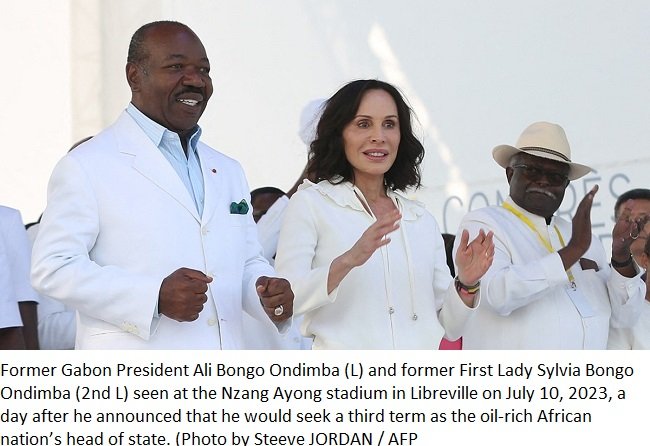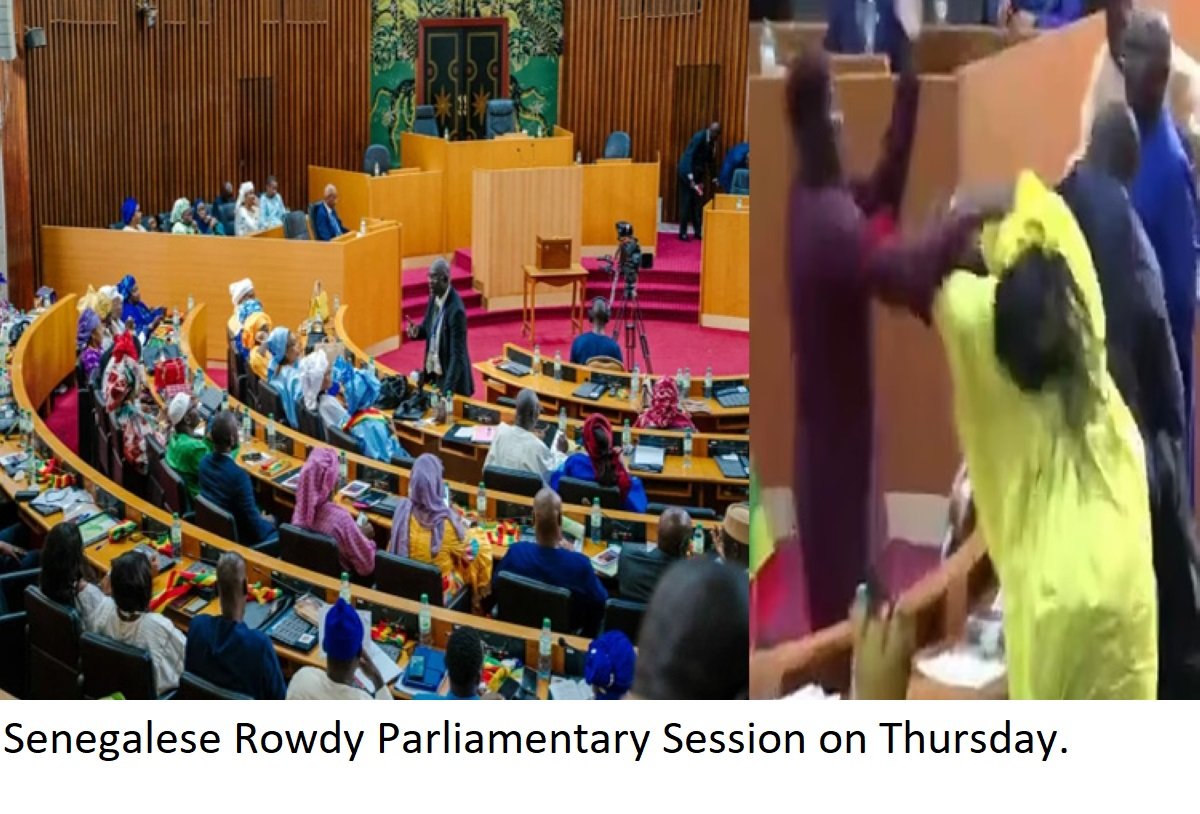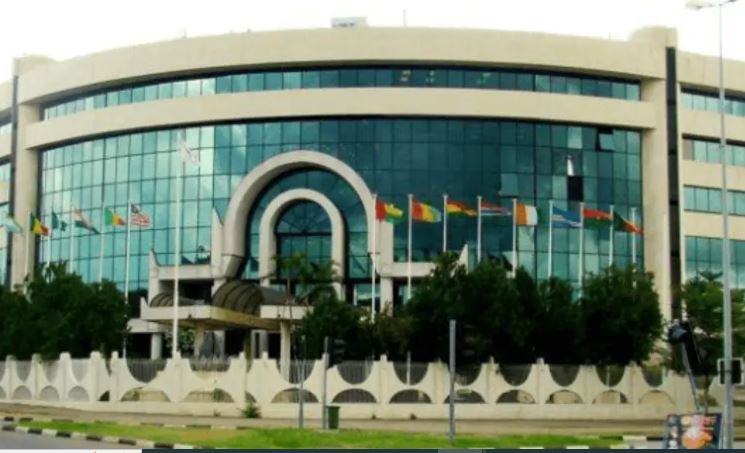Stakeholders Call For Multi-Sectoral Collaboration To Curb Migration, Displacement Issues.
By Ferdinand Olise
Stakeholders have underscored the importance of recognizing and tackling the growing cases of migration and displacement, as they are not just serious humanitarian issues, but are development challenges that require multi-sectoral collaboration.
The Stakeholders made the call in Abuja at the Business Brunch Meeting on Migration and Economic Inclusion, an ActionAid Nigeria Private Sector Engagement within a Corporate Sector Responsibility,(CSR), Framework for Economic Re-integration of Returnees and Vulnerable Groups

In his welcome address, the Head of Programme, ActionAid Nigeria, Mr Celestine Odo, said the engagement aims to leverage the CSR initiatives of private companies as effective routes to employment, access to finance, entrepreneurial support, and mentorship.
“Through CSR, businesses can support skills development, create inclusive job opportunities, and invest in community-based enterprises that empower people and strengthen local economies.
“At ActionAid Nigeria, our vision is a world free from poverty and injustice, where every person enjoys the right to a life of dignity.
This vision drives our work in humanitarian response, women’s rights, youth empowerment, and economic justice. It also underpins our commitment to inclusive migration services, services that do not just respond to crises, but that build long-term solutions for sustainable reintegration.
He therefore encouraged the participants to think boldly and act collaboratively, and explore innovative models of partnership that align business goals with social impact for the beneficiaries.
“Let us commit to actions that will transform lives, not just for today, but for generations to come”, he added.
He expressed hope that together they can build a future where migration is safe, dignified, and empowering for all.
Giving an overview and Update of the RECONNECTION Project, the Program Advisor, Action Aid, Mr Abraham Abah, said that the RECONNECT project is designed to address the challenges faced by vulnerable groups, including returned migrants, internally displaced persons, and others, focusing on four key areas which are, Economic Stability, Social Stability, Capacity Building, and Psycho-social Support.
“The project aims to improve the quality of life for vulnerable populations in Nigeria, with a particular focus on Internally Displaced Persons, (IDPs), individuals affected by disasters, survivors of insurgency, people with disabilities, and victims of domestic violence, vulnerable women and including returned migrants.
The partners which include the GIZ, the National Commission for Refugees, Migrants and Internally Displaced Persons (NCFRMI), are of the view that, working with businesses dedicated to social impact, the RECONNECT Project intends to promote sustainable and systemic solutions to reintegration challenges, while also illustrating the business case for inclusive development.
The meeting was convened under the framework of the RECONNECT Project, a strategic initiative implemented by ActionAid Nigeria with support from partners, and focused on promoting inclusive economic development, and reintegration for returnees, IDPs, survivors of Gender-Based Violence,(GBV), and other vulnerable populations.
The strategic dialogue seeks to bridge the gap between the private sector’s Corporate Social Responsibility, (CSR), commitments, and the urgent needs of these vulnerable groups,stating that the private sector has a critical role to play not just as donors, but as partners in development
The initiative recognises the pivotal role of the private sector in fostering inclusive economic growth, and building resilience among vulnerable populations.
The partners also recognized that unemployment and economic exclusion remain key drivers of irregular migration in Nigeria as many returnees face significant re-integration challenges, including limited access to capital, employment, and professional networks.
They therefore added that the private sector, endowed with financial resources, infrastructure, and technical expertise, has both the capacity, and a social responsibility, through Corporate Social Responsibility (CSR), to contribute meaningfully to inclusive economic development.




